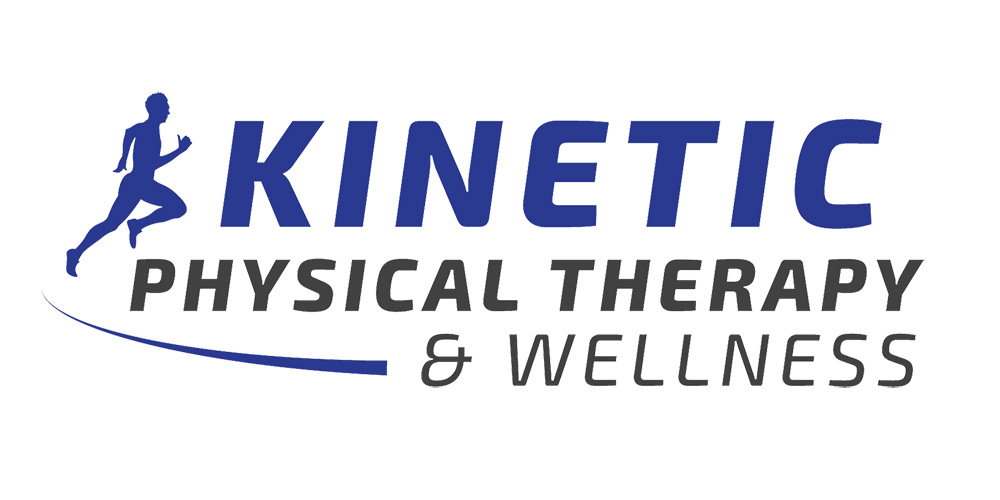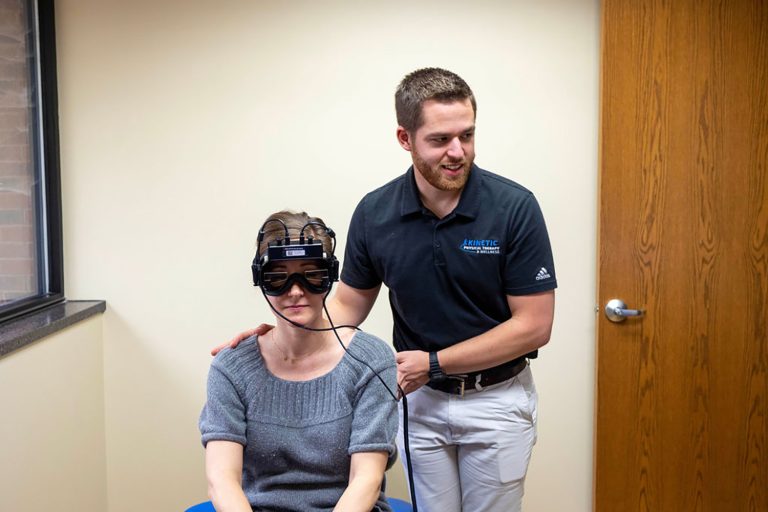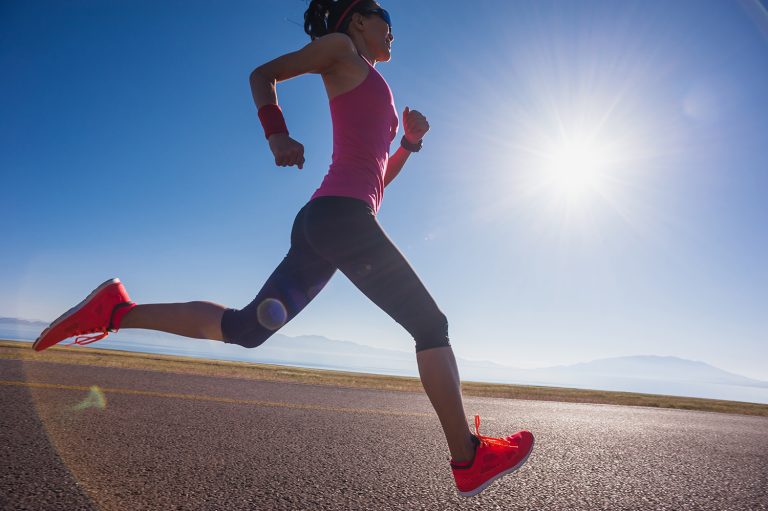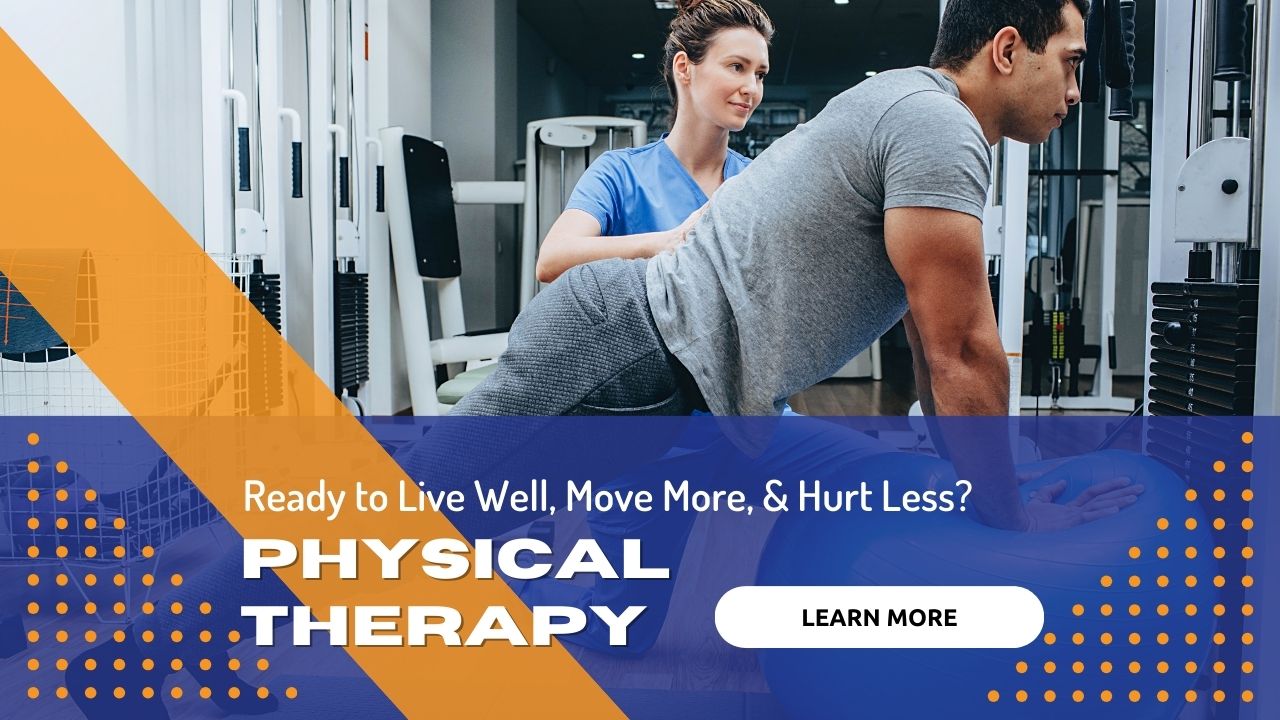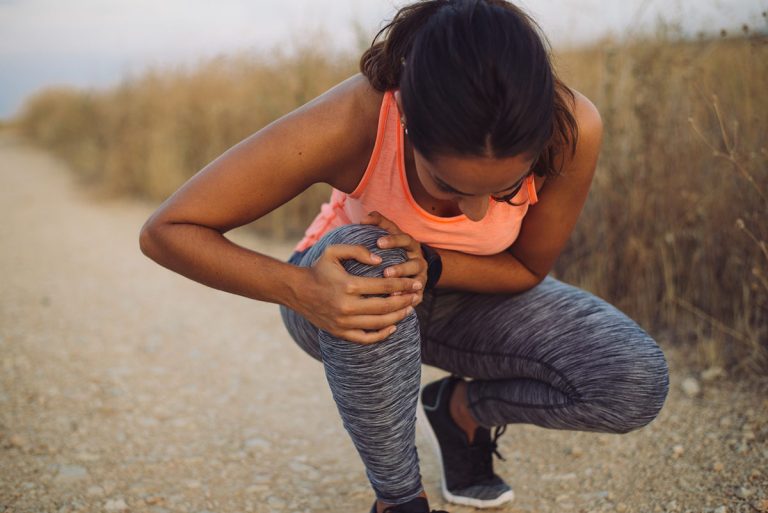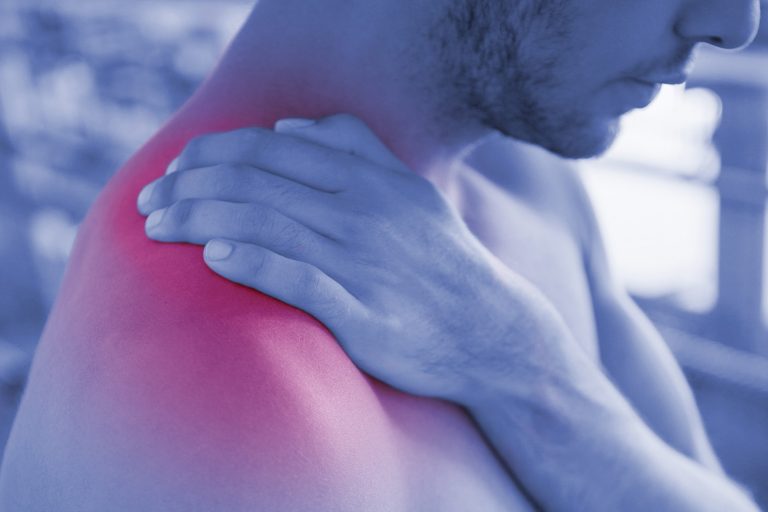
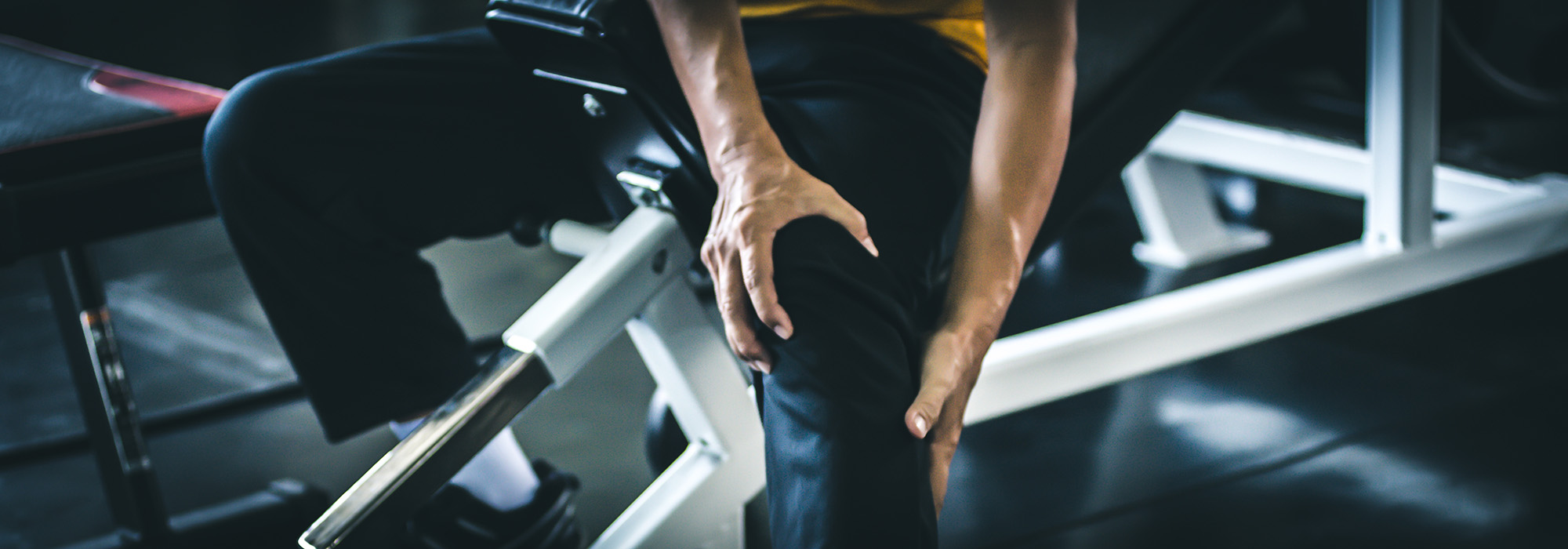
6 Reasons it Hurts When You Exercise
It’s a new year and many of us have made the commitment to get healthy by getting in shape and exercising more. Perhaps you’ve tried this before and it didn’t go so well. We all have our reasons for falling short of our goal in the past but there is one reason that is all too common… It hurts when you exercise! There are many different reasons you might feel pain when you exercise. Here are a few common reasons that it hurts when you exercise.
- You don’t have enough motion.
Flexibility is an important part of exercise. It’s often times skipped because most of us see either aerobic exercise or resistance training as the most important parts of exercise. However, with many of us working in jobs where we are sitting much of the day, our hip muscles are often tight, and our necks and back and shoulders are often stiff. Try some basic stretches first thing in the morning or prior to going to bed. It will not only help you maintain your flexibility but it will help you sleep better as well. A good yoga class never hurts. Some of the top athletes in America make this a common practice
- You forgot to warm up
A good warm up has many benefits. It helps to gradually increase your body temperature, blood pressure, and heart rate. There is nothing more discouraging than doing the first exercise or two and feeling like you are already out of breath. A good warm can help your body ease into the activity. Your muscles appreciate the extra blood flow as well. As you warm up, the extra blood flow to your muscles is like the first dip of a dry sponge into a bucket of water. It’s just more useful and pliable when it’s wet. Likewise, your muscles are easier to move when there is sufficient blood flow.
- You did too much too fast
If you are doing resistance training, a good guideline is to increase your resistance no more than 5 lbs for upper body exercises and 10 lbs for lower body exercises from week to week. For aerobic exercise (especially for jogging) aim to only increase your time or distance by 10% per week. As you get more comfortable, you can adjust how you see fit.
- You don’t know how
There is no shame in not knowing how to exercise. The only shame is not asking for help. Even if you don’t have a personal trainer, group fitness can be a good source of training when learning how to exercise. Youtube videos and websites (from credible sources) can be helpful as well. Don’t be shy asking for an orientation to the equipment in the gym.
- It’s normal
During exercise sometimes the muscles will feel full and even burn a little. This is what is called the pump and burn effect. As your body repeats muscle contraction, hydrogen ions can get trapped in the muscle creating a burning sensation (sometimes an itching sensation) in the muscle. This usually goes away once the exercise is stopped. Don’t worry, this is normal. The more you exercise, the less you will feel this.
- Something else is wrong
The American Council on Science and Health estimates 50 million (20%) of Americans are in pain. Never ignore the symptoms of pain. It’s one thing to cover up the pain but it’s better to know how to fix the problem. Pain is the “check engine” light for your body. If you are having constant pain, consult with your physician or physical therapist before exercise.
Please Share
categories
Recent Posts
categories

6 Reasons it Hurts When You Exercise
It’s a new year and many of us have made the commitment to get healthy by getting in shape and exercising more. Perhaps you’ve tried this before and it didn’t go so well. We all have our reasons for falling short of our goal in the past but there is one reason that is all too common… It hurts when you exercise! There are many different reasons you might feel pain when you exercise. Here are a few common reasons that it hurts when you exercise.
- You don’t have enough motion.
Flexibility is an important part of exercise. It’s often times skipped because most of us see either aerobic exercise or resistance training as the most important parts of exercise. However, with many of us working in jobs where we are sitting much of the day, our hip muscles are often tight, and our necks and back and shoulders are often stiff. Try some basic stretches first thing in the morning or prior to going to bed. It will not only help you maintain your flexibility but it will help you sleep better as well. A good yoga class never hurts. Some of the top athletes in America make this a common practice
- You forgot to warm up
A good warm up has many benefits. It helps to gradually increase your body temperature, blood pressure, and heart rate. There is nothing more discouraging than doing the first exercise or two and feeling like you are already out of breath. A good warm can help your body ease into the activity. Your muscles appreciate the extra blood flow as well. As you warm up, the extra blood flow to your muscles is like the first dip of a dry sponge into a bucket of water. It’s just more useful and pliable when it’s wet. Likewise, your muscles are easier to move when there is sufficient blood flow.
- You did too much too fast
If you are doing resistance training, a good guideline is to increase your resistance no more than 5 lbs for upper body exercises and 10 lbs for lower body exercises from week to week. For aerobic exercise (especially for jogging) aim to only increase your time or distance by 10% per week. As you get more comfortable, you can adjust how you see fit.
- You don’t know how
There is no shame in not knowing how to exercise. The only shame is not asking for help. Even if you don’t have a personal trainer, group fitness can be a good source of training when learning how to exercise. Youtube videos and websites (from credible sources) can be helpful as well. Don’t be shy asking for an orientation to the equipment in the gym.
- It’s normal
During exercise sometimes the muscles will feel full and even burn a little. This is what is called the pump and burn effect. As your body repeats muscle contraction, hydrogen ions can get trapped in the muscle creating a burning sensation (sometimes an itching sensation) in the muscle. This usually goes away once the exercise is stopped. Don’t worry, this is normal. The more you exercise, the less you will feel this.
- Something else is wrong
The American Council on Science and Health estimates 50 million (20%) of Americans are in pain. Never ignore the symptoms of pain. It’s one thing to cover up the pain but it’s better to know how to fix the problem. Pain is the “check engine” light for your body. If you are having constant pain, consult with your physician or physical therapist before exercise.
Please Share
